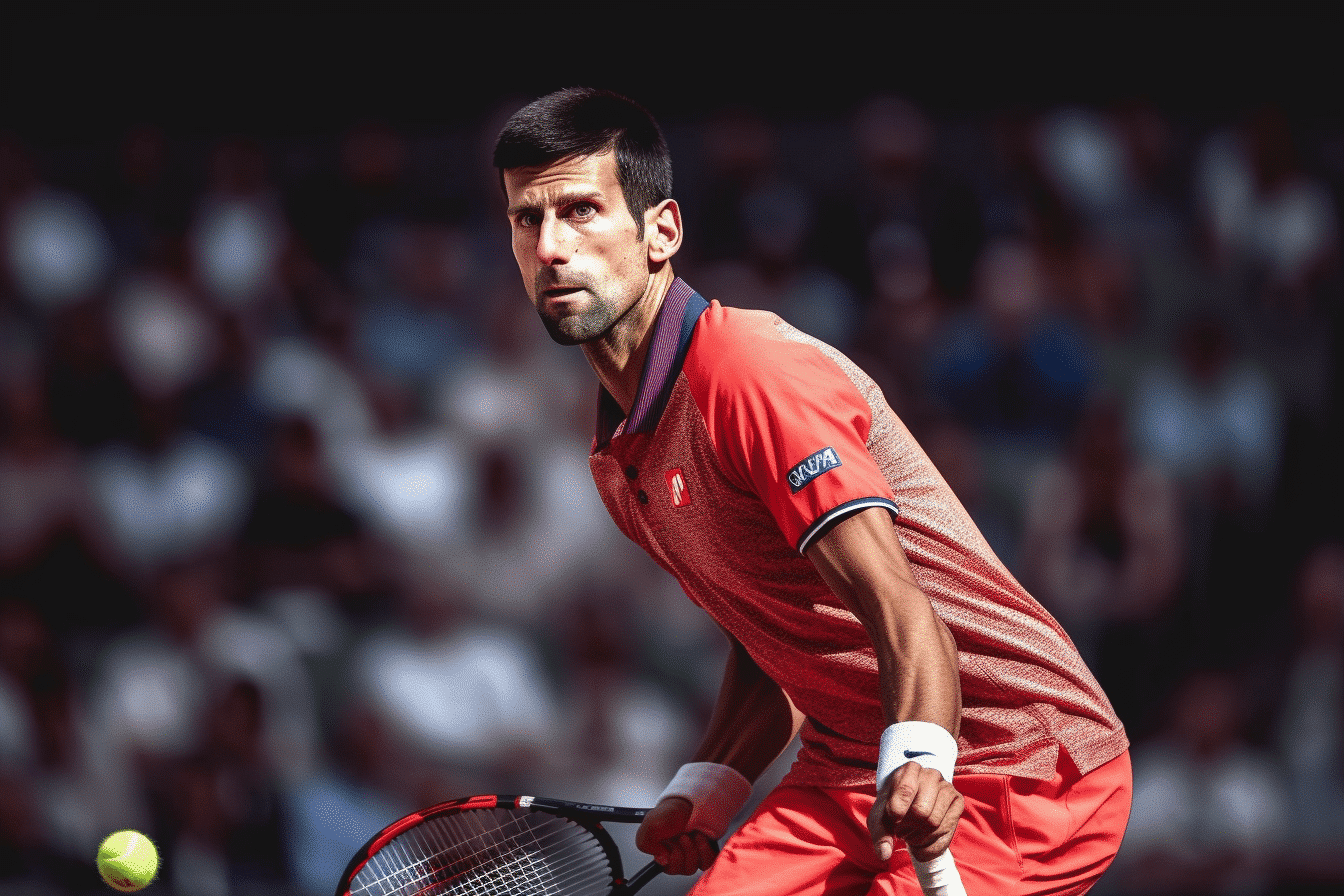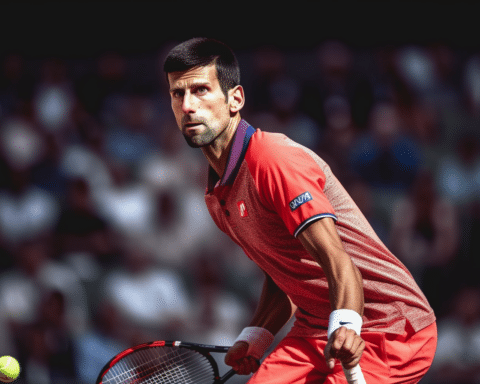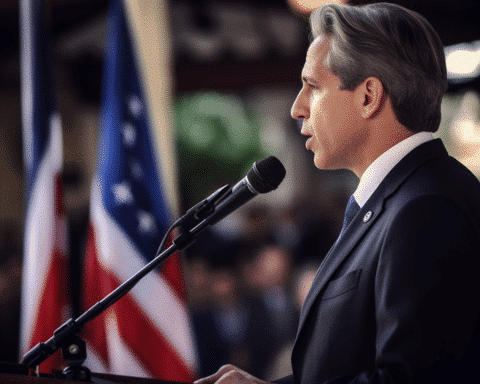French Sports Minister Amelie Oudea-Castera has publicly criticized tennis star Novak Djokovic for his recent political message regarding Kosovo and issued a warning, urging him not to repeat such actions in the future. The minister emphasized the importance of maintaining “neutrality” on the field of play and described Djokovic’s message as “militant” and “very political.”
The controversy erupted after Djokovic made comments about Kosovo, which drew sharp criticism from the Kosovo Tennis Federation. The federation denounced his remarks as “deplorable,” claiming that they had fueled tensions between Serbia and Kosovo. Kosovo, a former province of Serbia, declared independence in 2008; however, Serbia does not recognize it as a separate nation. The region is further complicated by the presence of a Serb minority in the north of Kosovo.
The International Tennis Federation (ITF) has yet to take disciplinary action against Djokovic. However, the organization has forwarded the letter of complaint from the Kosovo Tennis Federation to both the French Open and the Association of Tennis Professionals (ATP). ITF President David Haggerty stressed the importance of keeping sports and politics separate and cautioned athletes against expressing political views that could potentially ignite tensions.
As the controversy continues to unfold, Djokovic, a 22-time Grand Slam winner, is currently scheduled to play in the second round at the Roland Garros tournament. French Open organizers have stated that no rules were violated by Djokovic’s actions and have acknowledged that discussions surrounding international news events can find their way into the realm of the tournament.
While Djokovic faces criticism from some quarters, Ukrainian player Elina Svitolina expressed her support for athletes expressing their opinions on political matters. Svitolina cited her own stance on Russia’s invasion of Ukraine as an example but admitted that she was not familiar with the politics of Serbia.
This incident raises questions about the appropriate boundaries between sports and politics, and it highlights the complexities surrounding geopolitical issues in the world of sports. While athletes have a platform to express their views, the potential impact on diplomatic relations and the sensitive nature of certain topics calls for careful consideration and moderation.
The situation involving Djokovic’s political message serves as a reminder to all athletes of the potential consequences their statements may have. As sports continue to intersect with global events, it is crucial for athletes to be mindful of the impact their words can have and to navigate the fine line between personal expression and maintaining the integrity of the game.




